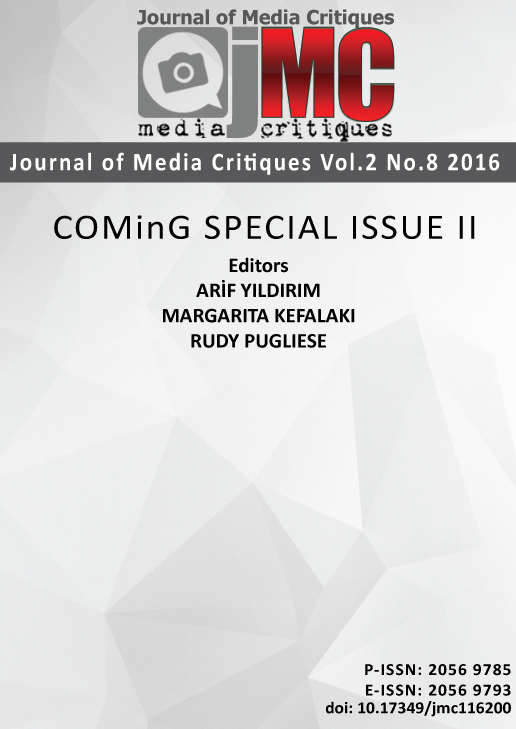SOCIAL MEDIA AND CLASSROOM ENGAGEMENT: STUDENTS’ PERCEPTION
SOCIAL MEDIA AND CLASSROOM ENGAGEMENT: STUDENTS’ PERCEPTION
Author(s): Malissa Maria Mahmud, Chandra Reka Ramachandiran, Othman IsmailSubject(s): Education, Media studies, Theory of Communication, School education, Higher Education , Sociology of Culture, Sociology of the arts, business, education, ICT Information and Communications Technologies, Sociology of Education
Published by: University of Lincoln and World Experience Campus Foundation
Keywords: social media; Facebook; perception; engagement; teacher; student; classroom context; communication; disclosure;
Summary/Abstract: Over the course of the last 15 years or so, social media have shown many facets—from connecting people on a global-scale, to penetrating aspects of lives which otherwise might have remained private or limited to a small audience. In the realm of education, social media have also begun to infiltrate the academic world by influencing and shaping students’ perceptions and influencing learning engagement. With millions of students and teachers simultaneously active on social networks, it is significant to observe how the media could influence student-teacher classroom interactions as well as their online communications. Some studies have documented that teachers who disclosed information about themselves on social media were perceived as more credible by students because they were regarded as more relatable. Moreover, students’ stereotyping beliefs and attitudes towards teachers also come into play when formulating perceptions about teachers on social media. For instance, their communications with teachers are often formal and impersonal on social media, as teachers are viewed as authoritative figures. Consequently, students’ perceptions towards teachers would have a significant repercussion on their interpersonal relationships, which in turn impacts students’ motivation and learning engagement. Thus, this research was conducted to establish preliminary findings whether social media shape students’ perceptions and whether these ramifications would result in positive or negative learning engagement. Consequently, the results indicate that students are more susceptible towards teachers who are active on social media because they are perceived as being more akin to a “real person” who can easily be reached for immediate classroom information and instructions. Such accessibilities via social media enable learning processes to be less contrived by just the physical classroom settings.
Journal: Journal of Media Critiques
- Issue Year: 2/2016
- Issue No: 8
- Page Range: 197-207
- Page Count: 11
- Language: English

